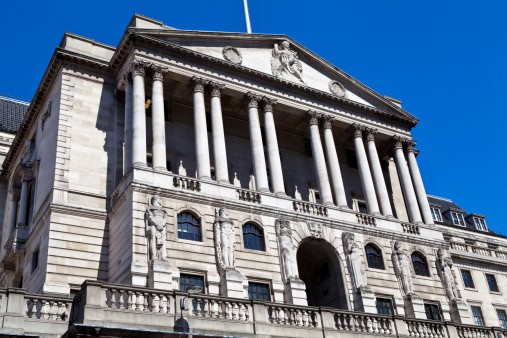The Bank of England announced that it will be offering banks extra funds in the event of the UK voting to the EU.
Commercial banks will be allowed to borrow as much as they like just before and after the vote (scheduled to take place on June 23). There is no limit on the amount that will be on offer.
The move is set to help prevent a repeat of the liquidity shortages which occurred during the financial crisis of 2007 and 2008.

The central bank said in the following statement:
“The Bank of England is today announcing that it will offer three additional Indexed Long-Term Repo (ILTR) operations in the weeks around the EU Referendum.
“These operations are additional to the regular ILTR operations which will continue to take place once a month.
“As usual, the Bank will continue to offer liquidity insurance via its other facilities, including running its regular weekly US Dollar repo operations, throughout this period.
“The Bank will continue to monitor market conditions carefully and keep its operations under review.”
The extra operations will take place on June 14, June 21 and June 28. They will be held in addition to the central bank’s regular ITL operations.
Orlando Green, a fixed-income strategist at Credit Agricole SA’s corporate and investment-banking unit in London, told Bloomberg: “It seems as though the BOE is erring on the side of caution.”
Adding: “There will likely be a significant level of volatility due to the voyage into the unknown if there is an ‘out’ vote. Hence the BOE will want to offer additional support for banks.”
The measures back up claims made by Chancellor George Osborne which have stressed that a ‘Brexit’ could result in economic instability and serious market volatility.
At a G20 meeting last month Mr Osborne said: “This isn’t some amusing adventure into the unknown. A British exit would hurt people’s jobs, livelihoods and living standards — it’s deadly serious.”
Governor of the Bank of England, Mark Carney, said in February that the central bank was “engaged in contingency planning for the referendum as you would expect.”
According to The Financial Times, on Tuesday BoE officials will “update its assessment that EU membership has benefited British people by bringing greater dynamism and prosperity to the economy.”
